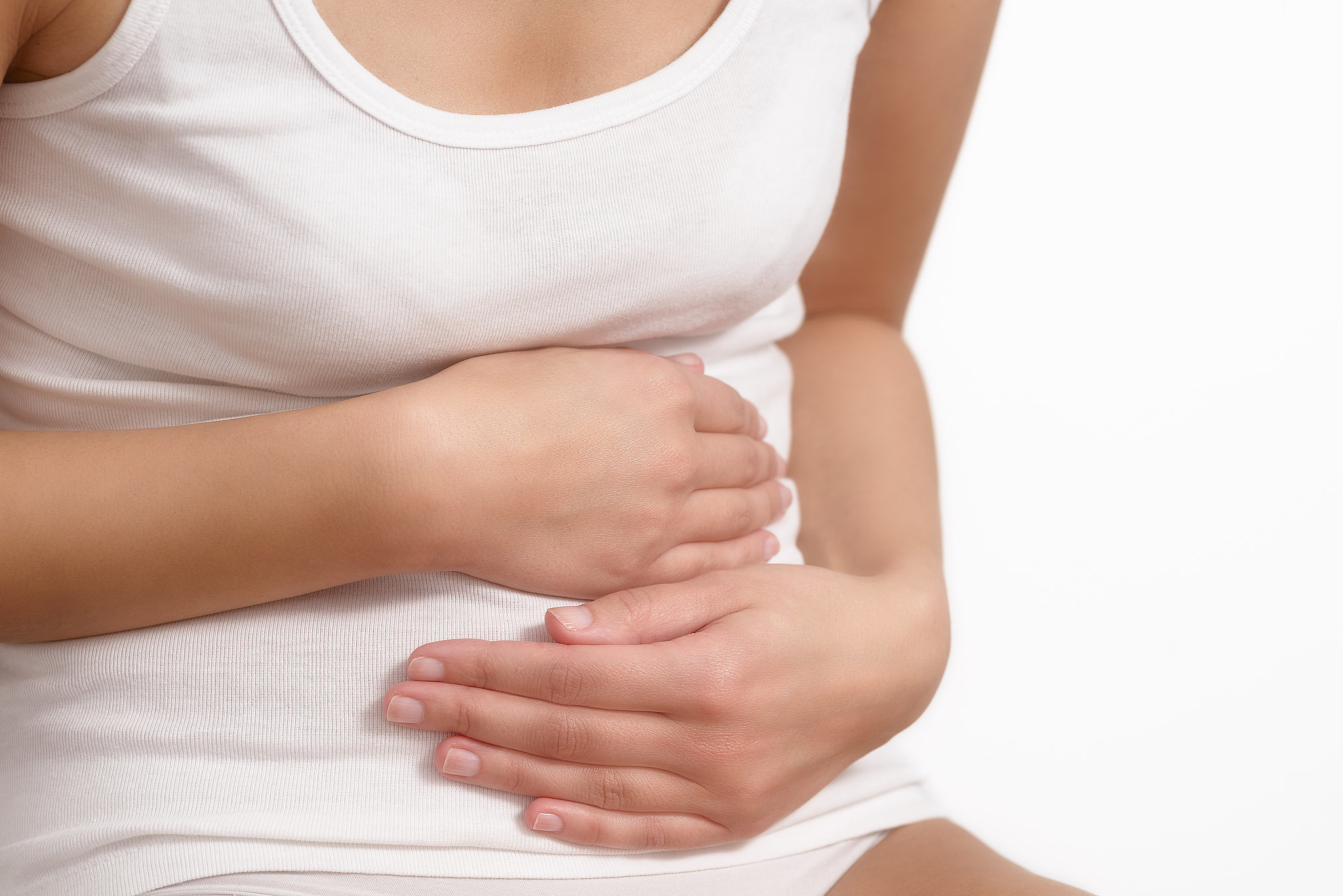Diarrhoea can be of sudden onset and lasting for less than four weeks (acute) or persistent (chronic). This leaflet deals with acute diarrhoea, which is common. In most cases, diarrhoea eases and goes within several days but sometimes takes longer. The main risk is lack of fluid in the body (dehydration). The main treatment is to have lots to drink, which aims to avoid dehydration. You should also eat as normally as possible. See a doctor if you suspect that you are dehydrating, or if you have any worrying symptoms such as those which are listed below.
Symptoms
Diarrhea – loose and watery stools – is itself a symptom of other conditions. However, it may be accompanied by other symptoms, including:
- Stomach pain
- Abdominal cramps
- Bloating
- Thirst
- Weight loss
- Fever
Some symptoms are considered indicators of a more serious illness – blood or pus, fever, signs of dehydration, persistent vomiting, chronic diarrhea, or weight loss.
Causes
Most cases of diarrhea are caused by an infection in the gastrointestinal tract. The microbes responsible for this infection include:
- Bacteria
- Viruses
- Parasitic organisms
The most commonly identified causes of acute diarrhea in the United States are the bacteria Salmonella, Campylobacter, Shigella, and Shiga-toxin-producing Escherichia coli.
Some cases of chronic diarrhea are called “functional” because a clear cause cannot be found. In the developed world, irritable bowel syndrome (IBS) is the most common cause of functional diarrhea.
IBS is a complex of symptoms. There is cramping abdominal pain and altered bowel habits – diarrhea, constipation, or both.
Inflammatory bowel disease (IBD) is another cause of chronic diarrhea. It is a term used to describe either ulcerative colitis or Crohn’s disease. There is often blood in the stool in both conditions.
Other major causes of chronic diarrhea include:
- Microscopic colitis – usually affects older adults. The persistent diarrhea is often during the night.
- Malabsorptive and maldigestive diarrhea – the first is caused by impaired nutrient absorption, the second by impaired digestive function. Celiac disease is one example.
- Chronic infections – a history of travel or antibiotic use can be clues to chronic diarrhea; various bacteria and parasites can be the cause.
- Drug-induced diarrhea – the obvious cause is laxatives, but a list of other drugs can also lead to diarrhea including antibiotics.
- Endocrine causes – sometimes hormones are the cause, for example, in conditions including Addison disease and carcinoid tumors.
- Cancer causes – neoplastic diarrhea is associated with a number of gut cancers.
Treatment
Diarrhoea can usually be treated safely ‘at home’ and normally goes away by itself within a week. Treatment with antibiotics is therefore rarely needed, and may cause side-effects, such as chronic diarrhoea.
Antidiarrhoeal agents, such as loperamide (eg Imodium), may be used, except in cases where there is blood or pus in the motions or if the diarrhoea is accompanied by high fever.
It has not been proven that freeze-dried lactic acid bacteria can prevent travellers’ diarrhoea.
During visits abroad, boil all drinking water, or drink water from sealed bottles only.
In addition, you should only eat vegetables that have been boiled or peeled and avoid ice-cream and salads (which may have been washed with unclean water).
Natural Home Remedies
Diarrhea is a sign that your body is trying to rid itself of something toxic in your system. Avoid over-the-counter medicines and instead try these natural home remedies.
Orange peel tea
A traditional diarrhea remedy and general digestive aid, orange peels stimulate digestion. You need organic oranges for this brew; nonorganic orange skins may contain dyes and pesticides. Peel an orange and chop the peel finely. Place in a pot and cover with a pint of boiling water. Cover the pot tightly and steep until cool. Strain, sweeten with honey, and drink.
Chamomile
This tea, known for its gentle relaxation powers, can also calm bouts of diarrhea. It attacks the problem on two fronts, via compounds that ease intestinal spasms and combat inflammation.
Yogurt
A lot of people are aware that yogurt is usually sour but there are some who still get surprised in knowing that yogurt actually has good bacteria that can help get rid of diarrhea fast and effectively.
Ginger
While a lot of people know that ginger is used for some throat and voice problems, most are not aware that ginger can also be used for some stomach problems. Aside from diarrhea, it can also help alleviate cramps and abdominal pain.
Carrot Soup
Carrot has been contributed to keeping eye sight clear and perfect but aside from that, carrots also have other good properties that can be beneficial for a lot of people.
Carrots are not only known to help Diarrhea become cured faster, it also brings a lot of good nutrients that the body needs in order to recover faster from the disease.



